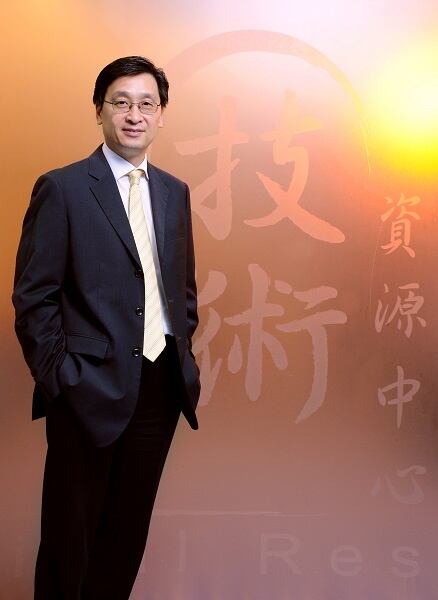Although product safety continues to be the key element and driving force behind cosmetics regulation, the ethical aspect of animal testing that has already had a big effect on Western markets is now starting to reverberate in China.
“China is now adopting regulation change and it seems that all Asian countries are now upgrading their regulation,” Chan told Cosmetics Design in an exclusive interview.
Progress on animal testing reaches a brick wall?
However, with specific respect to animal testing, Chan, who is presenting at the next week’s Sustainable Cosmetics Summit in Hong Kong, acknowledges that China is making some progress, while also questioning whether significant changes will happen any time soon.
"At the moment, China keeps using animal testing for toxicological tests on cosmetic substances and end-products. In fact, mainland China has alternative methods on animal testing replacement,” Chan said.
“But all the alternative methods have not yet been endorsed by the China Government. I am wondering if the China Government will endorse any alternative methods in the coming future.”
China regulation changes likely to affect the rest of Asia

Whatever the outcome, Chan states his belief that whatever changes in animal testing regulation may come to fruition, they are likely to have a strong influence on the same regulations in other Asian countries.
With regards to international companies who are trying to penetrate the Asian market, Chan suggests that a good first stepping stone may be to try and an initial entry through either Hong Kong or Macau.
The reasons for this are two-fold, namely the level of expertise that is available in these two markets in the form of high level consultants, and also the fact that Hong Kong regulations in particular are structured around the British legal system.
Hong Kong may prove an easier point of entry into the Asia market
“This strategy is good for foreign cosmetic manufacturers aiming for adaptation. Then their Hong Kong representative can conduct studies on mainland China and formulate the right business strategy,” said Chan.
Likewise, the approach to regulation is also different, with Chan pointing to the fact that no permit can be applied for products before they hit the marketplace in Hong Kong and Macau, as companies are required to do all the pre-market safety testing and government bodies do the post-market testing.
In China the approach is totally different and invariably more complicated, with both suppliers and government bodies required to apply for a production permit before the product launch, while both the manufacturer and the China regulation authorities are required to conduct the safety testing.
